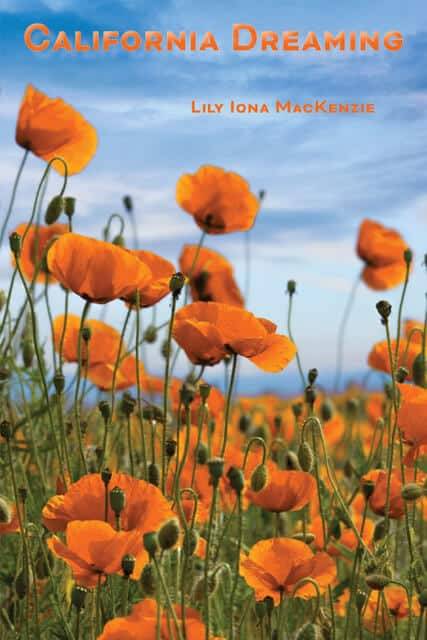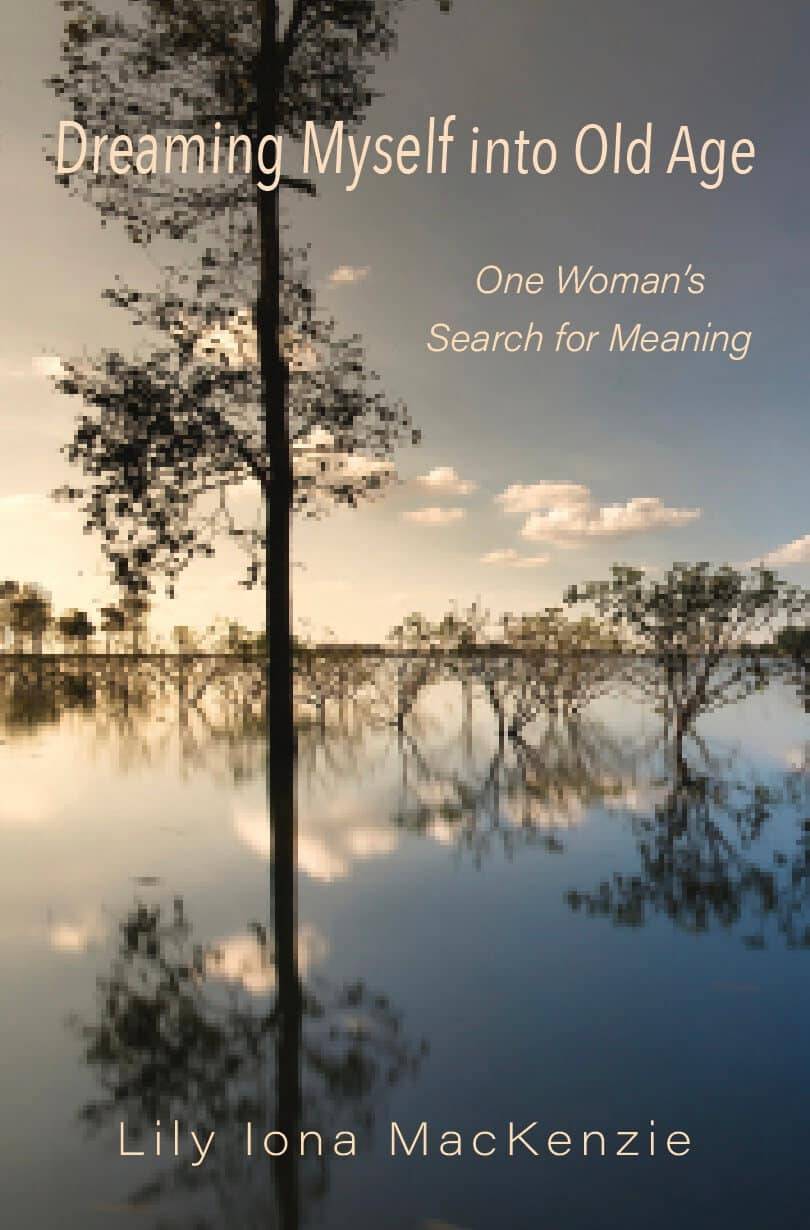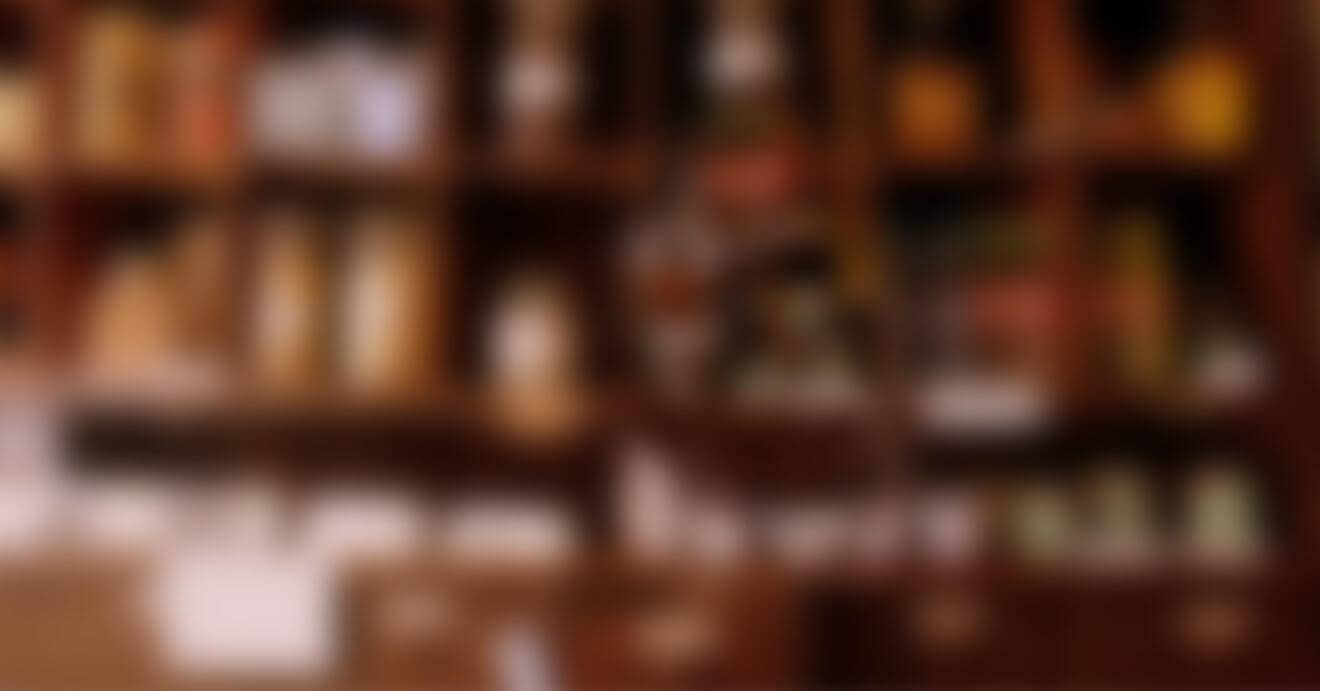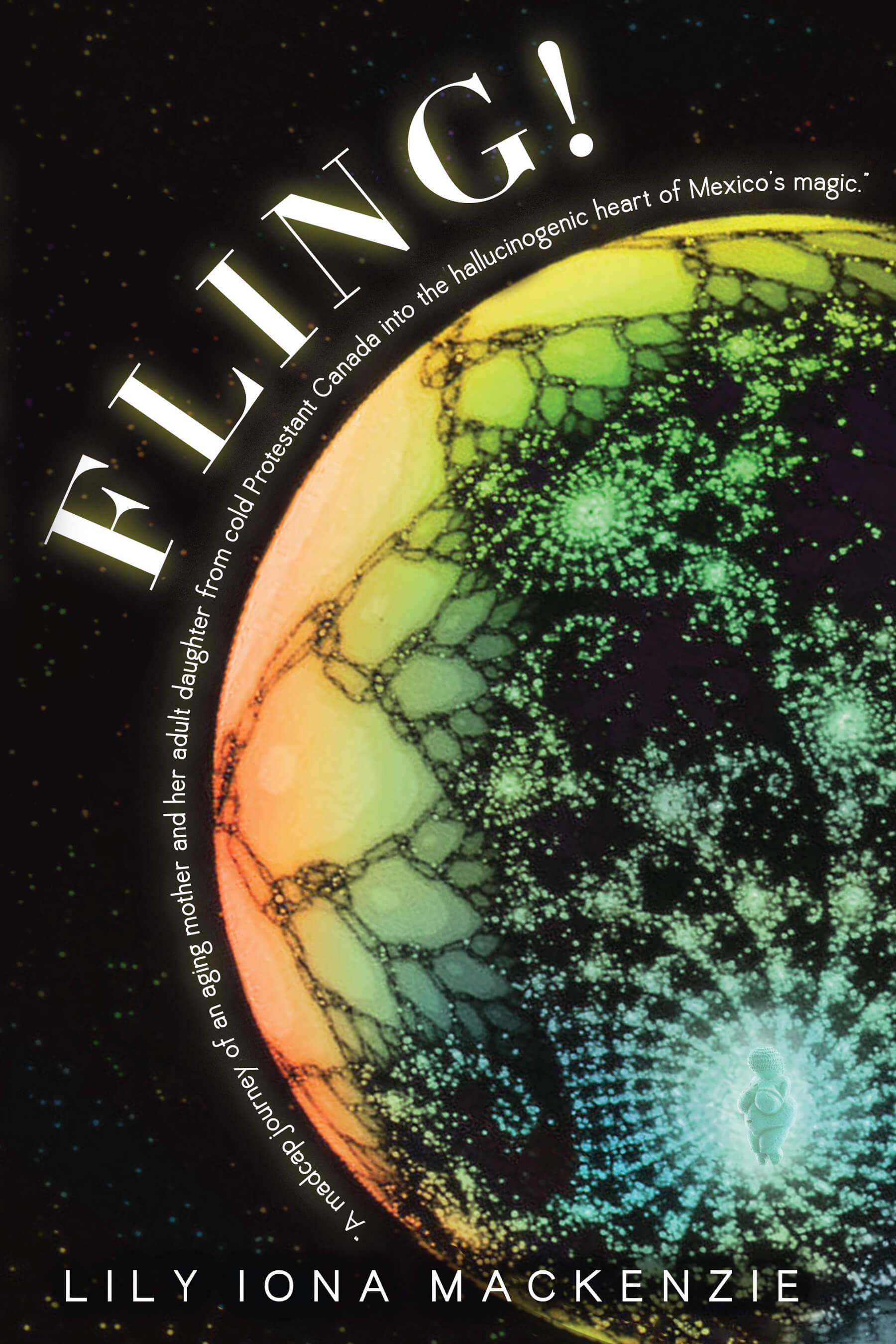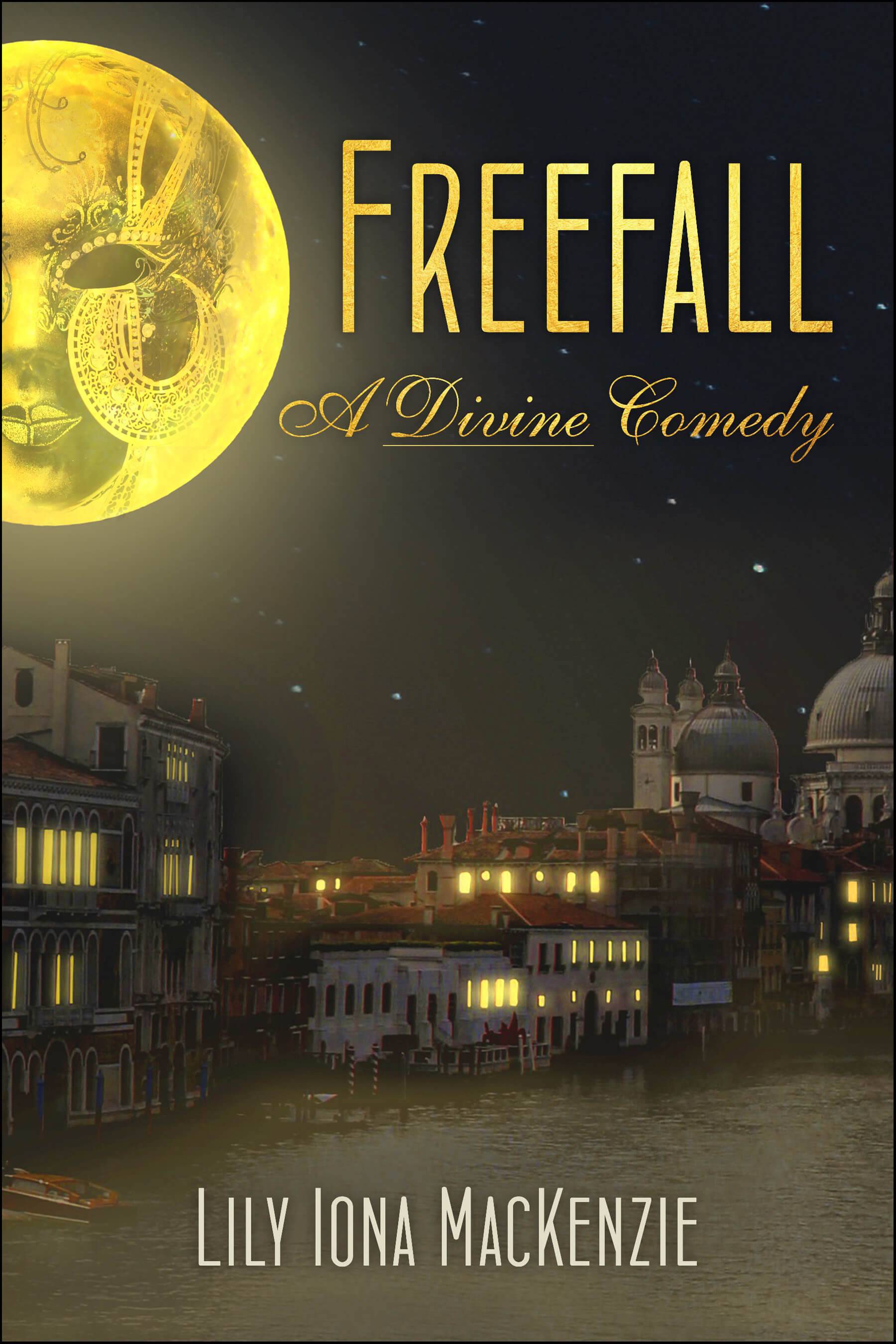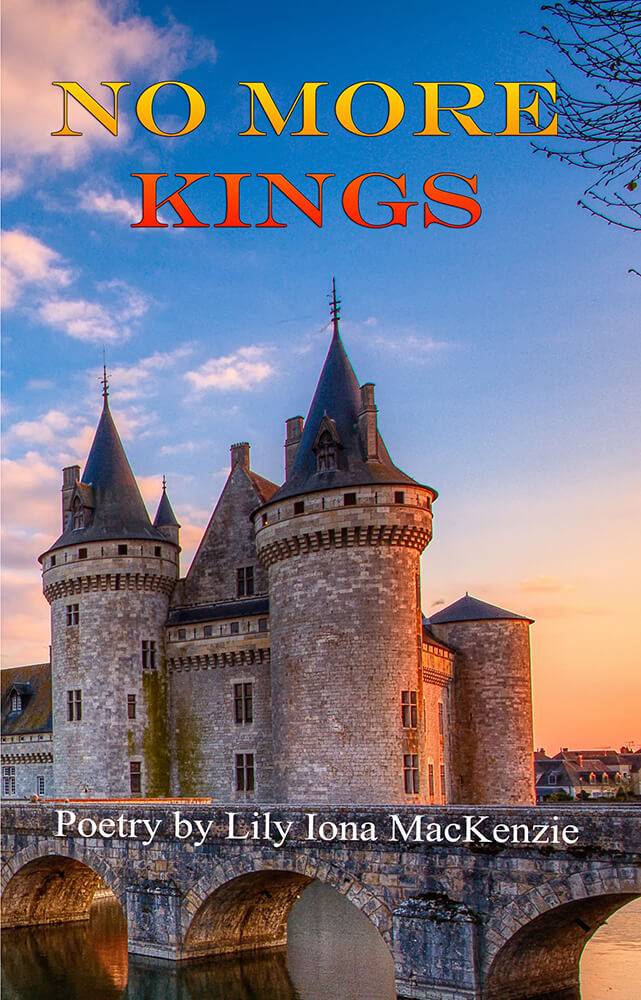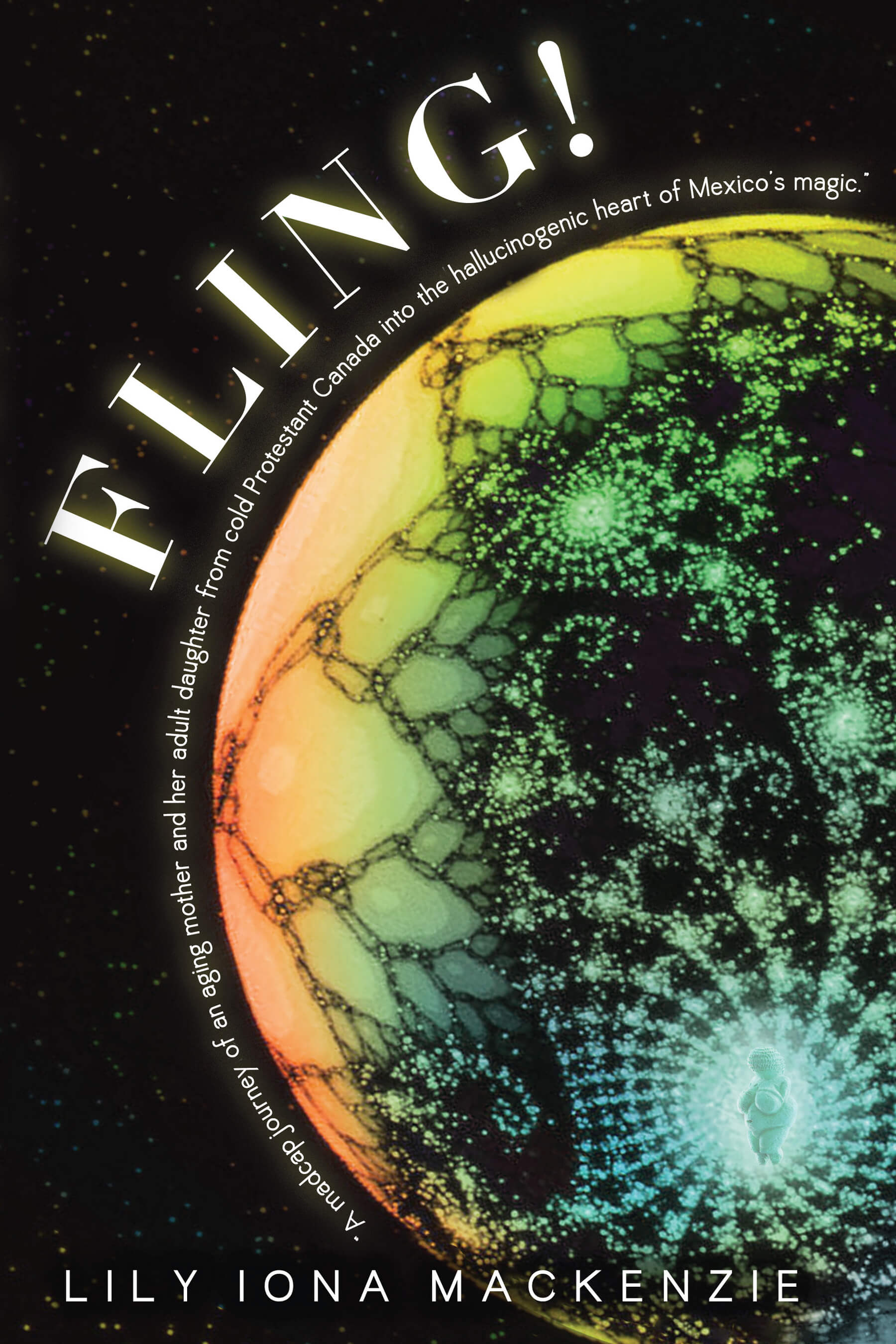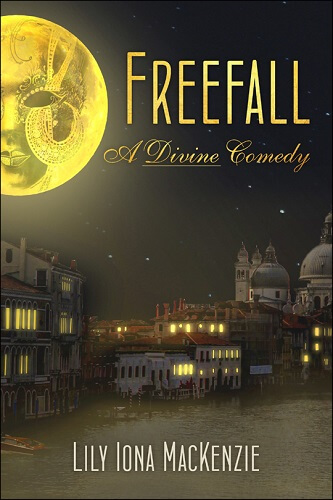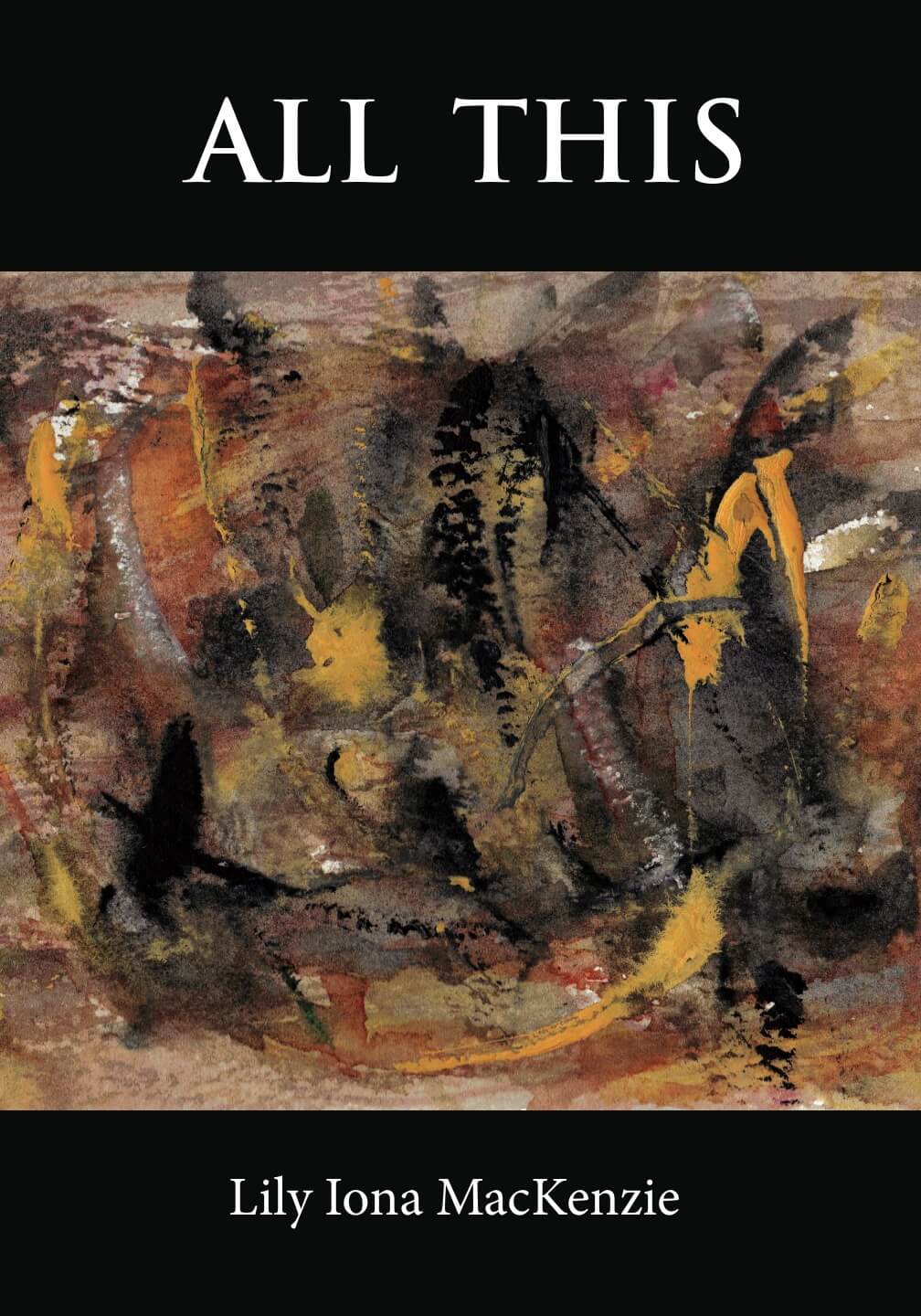 I’ve been reading about how easily our various gadgets track us, especially cell phones. What shocks me is that today’s youth are accustomed to their parents checking where they are at all times, from the time they were in grade school, and many have phone apps where they can track their friends and vice versa. I blanched when I read this, realizing they had lived their lives not knowing what it means to be free from such scrutiny. If it wasn’t the government keeping a close watch on their activities, then it was their family and/or friends.
I’ve been reading about how easily our various gadgets track us, especially cell phones. What shocks me is that today’s youth are accustomed to their parents checking where they are at all times, from the time they were in grade school, and many have phone apps where they can track their friends and vice versa. I blanched when I read this, realizing they had lived their lives not knowing what it means to be free from such scrutiny. If it wasn’t the government keeping a close watch on their activities, then it was their family and/or friends.
While there is something comforting about being held in that kind of web (and here I’m not referring to the World Wide Web), a loving network, it also suggests to me what it’s like to be trapped in a spider’s snare. The idea that none of us can have a moment when we aren’t being scrutinized in some way makes me shudder. What has happened to the notion of privacy and freedom? Am I old-fashioned to think they still are virtues?
I grew up in such a different era, living on a farm in my early years, free to roam at will from sun up till sun down. Though fences marked property boundaries, and I had certain restrictions on my movements, I always could find plenty of open space on the vast Canadian prairies where I wandered and wondered for hours. Only at home, sometimes, when Mum asked me what I was doing or thinking, did I occasionally feel intruded on.
Even though we left the farm and moved to Calgary when I was eight, I still had minimal limitations. I could borrow my uncle Jack’s bike and ride across town to the Glenmore Dam where I spent the day exploring. Or I spent hours at an area where tunnels had worn into the hillside’s sandy soil, speeding down the slope on a piece of cardboard, returning to the top over and over for the thrill of the ride.
No one walked me to school. No one tracked me after school on my way home. Phones weren’t all that prevalent then, so parents weren’t constantly calling one another, checking to see what their kids were doing. Nor were they constantly calling their kids or insisting that the children call them to check in. I had opportunities to test myself against the unexpected and to develop survival skills: someone wasn’t always there to rescue me. The apps that could reveal my movements didn’t exist.
I can only imagine what it must feel like to grow up knowing I’m continuously being watched. To have one’s self regularly penetrated by these digital devices must have an impact on one’s sense of self, creating extreme self-consciousness. Wouldn’t we feel on guard at all times, protective of our hidden parts, fearful of being violated, creating a thick protective shield in response? How difficult it must be to then open oneself up to others at any deep level.
As a child, I had a private self that I didn’t fear someone would breach. I knew what it felt like to be free of unnecessary restraints, the inner freedom to emerge as naturally as a flower does from the original seed. I had and still have a reference point between that earlier free state of mind and when I’m sometimes living in less unrestricted circumstances. But today’s youth are caught within the web created by these digital devices. While it may make them feel connected to others 24/7, I fear it’s at the risk of being disconnected from themselves at some deep level. If our lives are mainly lived on a public stage (cell phones, texting, social network sites, etc.), then when or where is there time for a private self to gestate?
It’s an appropriate question to be asking, I think, in this season when some will observe Passover as well as the Christian ritual of resurrection and rebirth. Passover reminds us of the ways we can be enslaved to any number of things and the effort it takes to become free. Easter celebrates Jesus’ resurrection from the dead and symbolizes how we can be reborn in our own lives if we want to leave behind the things we’re enslaved to.
There is another way we can be free. Language can be a great vehicle for conveying truths (and lies, unfortunately) if we’re ready to hear them. As I’m reminded each time my husband and I host a Seder, it’s those words recapping the Israeli experience that remind us not only of how we can be enslaved but also of how to become free again. And that’s one of the reasons I treasure my vocation as a writer.
